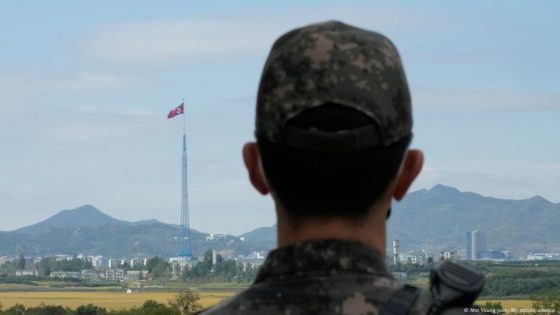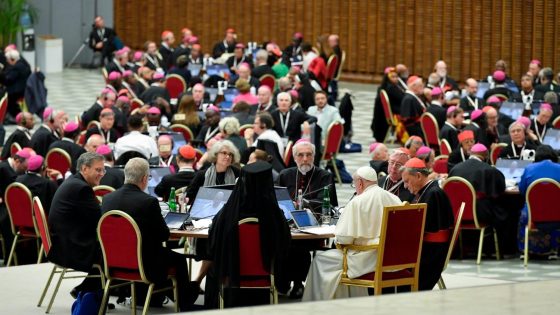A North Korean civilian successfully defected to South Korea in a remarkable 20-hour operation, highlighting the ongoing challenges and dangers associated with escaping the repressive regime. On July 4, 2025, Seoul’s Joint Chiefs of Staff (JCS) reported that South Korean troops aided the man in crossing the heavily fortified Demilitarized Zone (DMZ).
- North Korean civilian defected to South Korea.
- Defection involved a 20-hour military operation.
- Most defectors use indirect routes through China.
- DMZ crossings are rare and dangerous.
- South Korea's President seeks improved North relations.
- Approximately 34,000 North Koreans have defected.
This incident stands out as most defectors typically take indirect routes through China and other countries, making this direct crossing particularly rare. The operation involved meticulous tracking and surveillance, showcasing the complexities of navigating the treacherous terrain filled with landmines and dense vegetation.
This successful defection raises critical questions about the current state of North Korean escape routes. Why are direct crossings so rare, and what does this mean for future defectors?
- Only about 34,000 North Koreans have defected to South Korea since the Korean War.
- Most defectors navigate through China to avoid repatriation risks.
- Direct crossings through the DMZ are extremely dangerous due to military surveillance.
As global attention shifts to the Korean Peninsula, it’s crucial to advocate for the rights of North Korean defectors and support efforts aimed at fostering dialogue and trust between the two Koreas.
































